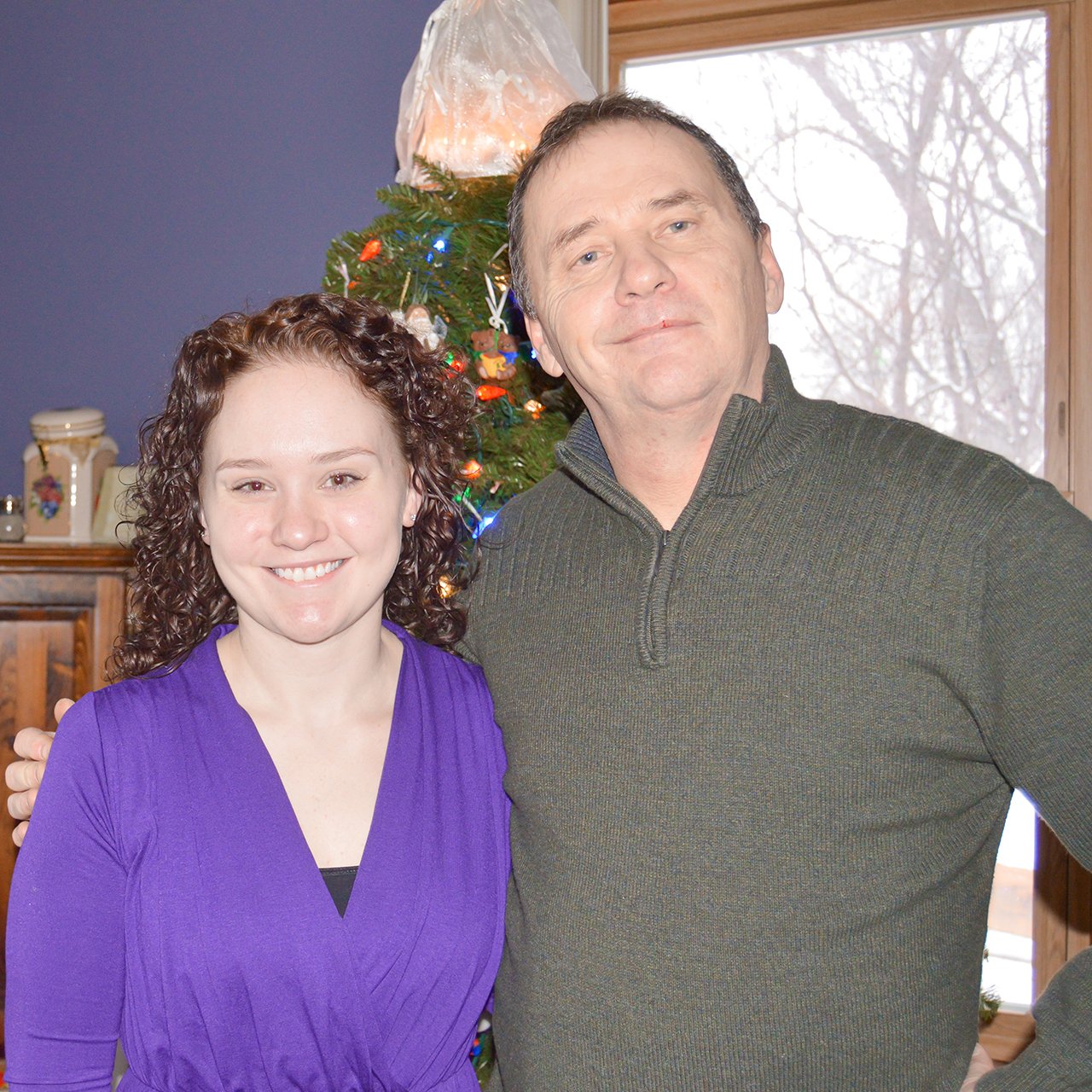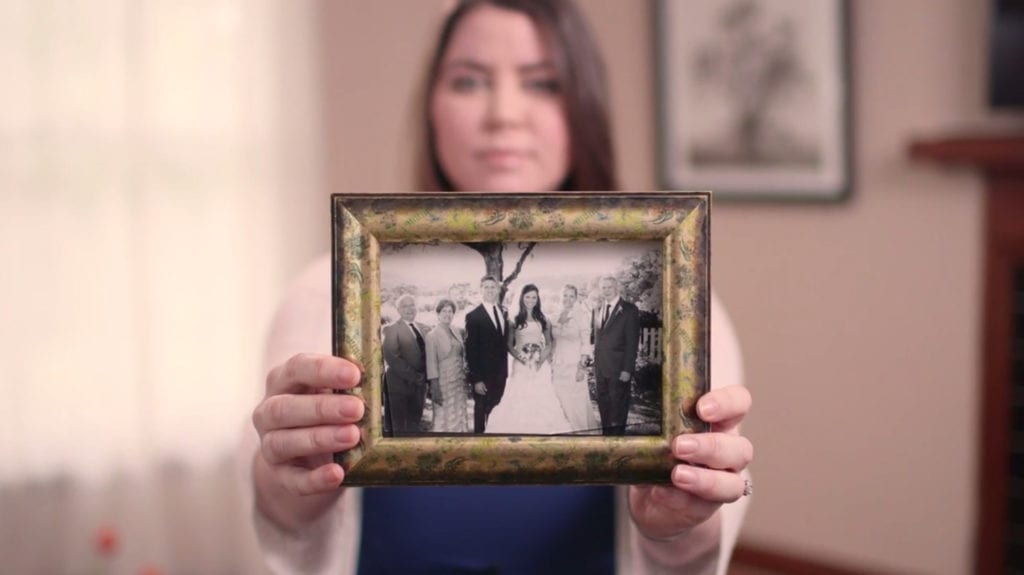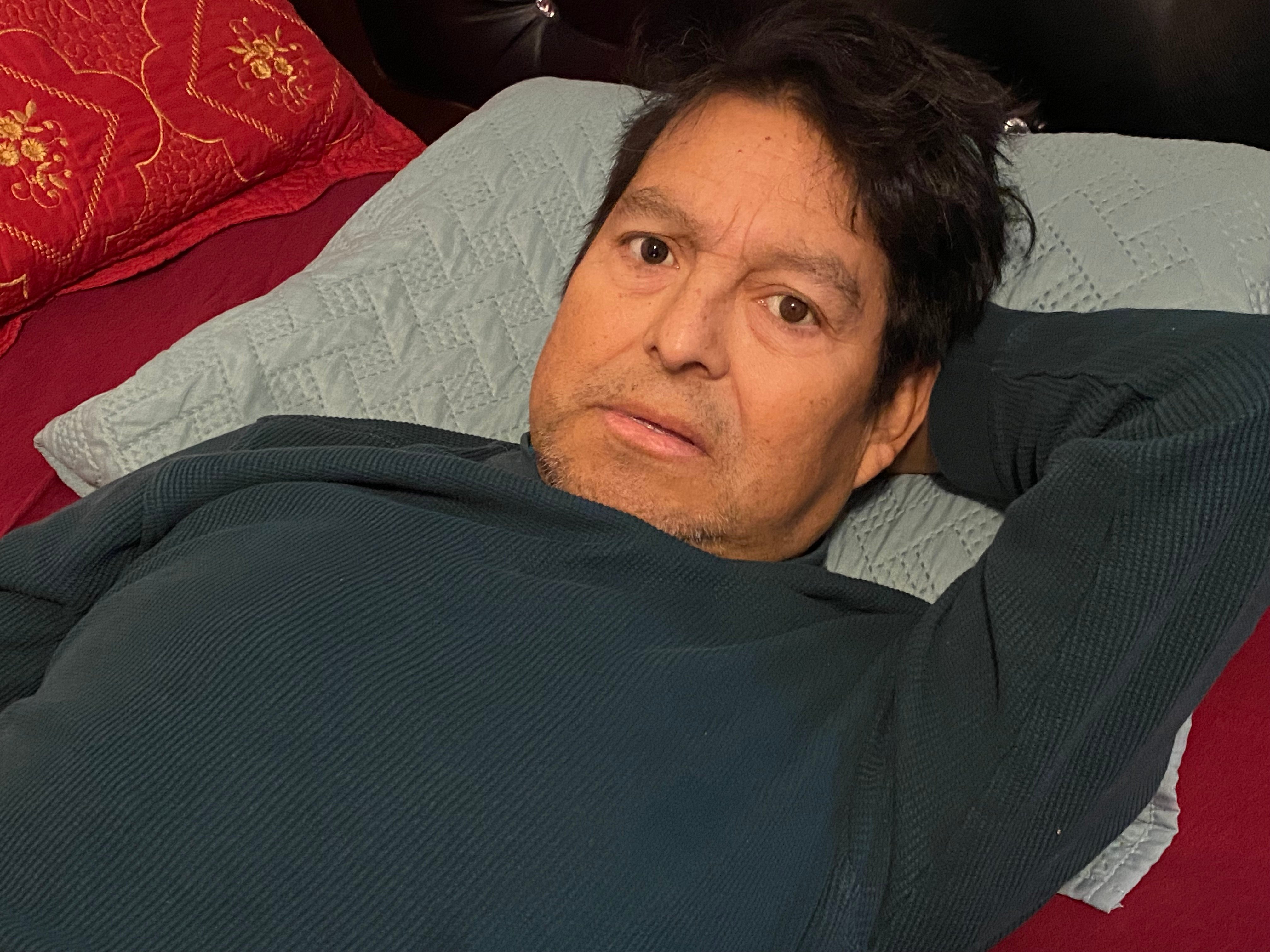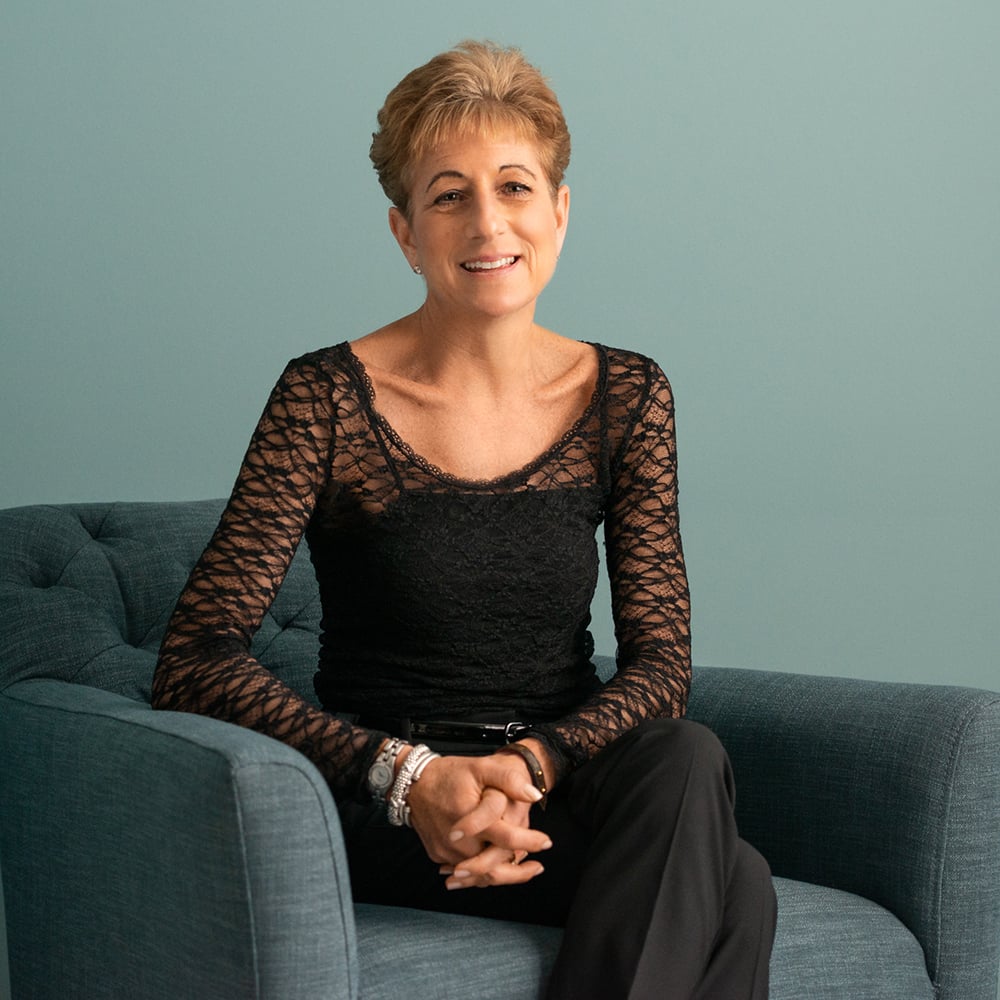Nicole shared her story in February of 2024.
If you agree with Nicole that terminally ill Minnesotans should not have to suffer, contact your lawmakers today.
The process of dying with cancer takes literally everything from you. Two months after Dad’s diagnosis, and just two months before he died, he told me how much he wished he had the option of medical aid in dying here in Minnesota. “No one should have to live like this,” he said. “No one should have to be remembered this way.”
I was extremely close to my dad. He was reserved, the kind of person who took a backseat but was very observant. For many years he worked as a maintenance engineer at Fairview Hospital; consistently, his coworkers commented on how he was one of the hardest workers they had ever met. More than anything, though, he was a family man.
In October 2021, Dad started having what he thought was just a cold. It didn’t go away. He went to multiple doctors, who told him it must be pneumonia.
Around the same time, Dad was exposed to some hazardous chemicals at his work. Follow-up tests showed something the doctors didn’t believe was related to the chemical spill. He went in for further scans, and on February 14, 2022, we learned that Dad didn’t have pneumonia. He had stage 4 non-small cell lung cancer. The disease had spread to multiple areas beyond his lungs. We were blindsided.
Dad’s oncologist initially informed us that Dad had fairly good odds of surviving the year if he got into a clinical trial and began chemotherapy. He also told us that if we wanted to take a week to spend together as a family, we should. We decided to do a last-minute family getaway to Florida.
Our time in Florida was a much-needed opportunity for us to spend quality time together and regroup. But while we were there, Dad constantly felt like something was on his chest. Walking left him gasping for air. He developed blood clots in his lungs that upon our return required a visit to the hospital, where they immediately started him on radiation and put him on oxygen.
Mom and I attended a class to learn how to drain Dad’s lungs and managed his regimen of more than 25 pills a day. He was already declining quickly. We had to scrap the plans to do the clinical trial so that Dad could get chemo to try to manage the growth of his cancer, which by this point had also metastasized to his brain. In and out of the hospital, Dad underwent a number of surgeries and ablations. Within a week of his second chemotherapy infusion, he had a heart attack.
Long before Dad got sick, he and I had talked about medical aid in dying as something that he thought should be available to people. But it was a casual conversation, neither of us imagining that we would need this option for ourselves. After the diagnosis, however, he told me he wished it were an option for him here. There was no way he was leaving Minnesota for a state where medical aid in dying was available; he wanted to spend every last minute he could with his family. During one of his hospital stays, he insisted on leaving early because he didn’t want to miss his granddaughter’s first communion.
Meanwhile, Dad’s oncologist kept suggesting one treatment and another. It was getting to the point where enough was enough. We all knew he couldn’t keep doing this.
In mid-June, we learned that Dad’s cancer had spread into his spinal column, leaving him with two fractures in his neck. He had lost nearly half his body weight since the diagnosis four months earlier. He was a shell of the person I knew as my dad. We decided together it was time to enroll him in hospice.
I vividly remember the last night of my dad’s life. Around midnight three days after we had met with hospice, I heard him screaming. I raced upstairs from the basement to find him gasping for breath and asking for my mom, so I ran to wake her up, and together we calmed him down and got him breathing again. Mom ended up sleeping on the couch next to Dad’s bed, just holding his hand. That was the last night they had together.
Dad passed the next morning, Friday, June 24, 2022. He was 61 years old.
After his death, we found out that Dad carried two gene mutations that are biomarkers for lung cancer. I’ve since tested positive for both mutations. Knowing everything Dad went through, it scares me to imagine that I’d have to let things get as bad as they were for him. That’s why I’m asking Minnesota lawmakers to consider how they would feel if their mother or father or brother or sister were in a similar position. How much suffering is acceptable? What is your “enough is enough”?
When my dad passed, my sister was the only person in the house. If Dad had had the option of medical aid in dying, he could have been surrounded by his family. He could have said his goodbyes. I know that’s what I would want. I can only hope for a future with the options he never had.






